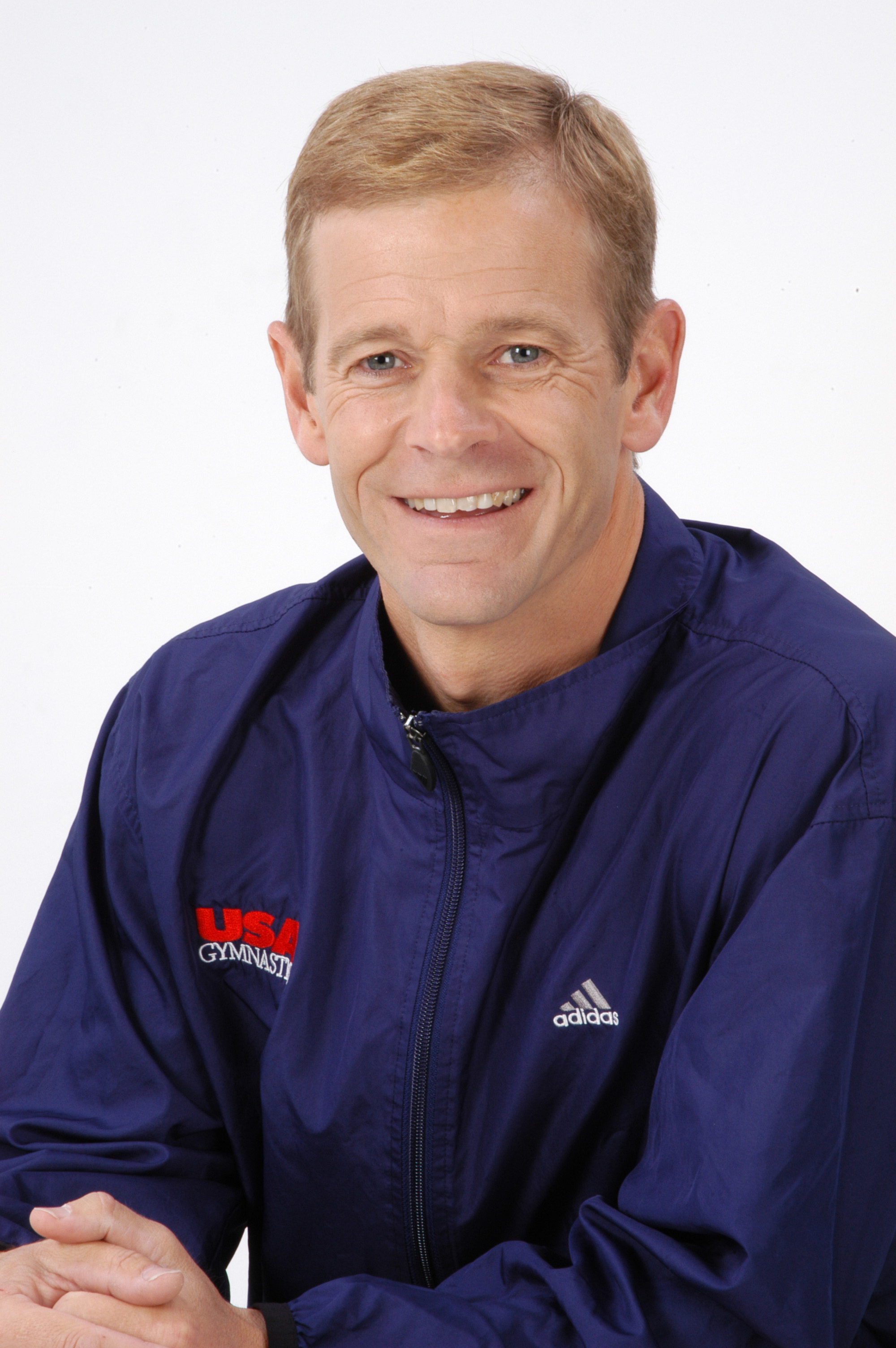 Peter Vidmar’s name can be found as a member of the Olympic Hall of Fame as the highest scoring gymnast in Olympic history. He’s won two gold medals and one silver, competing during the 1980s. Today he talks to teens and adults about making your dreams come true.
Peter Vidmar’s name can be found as a member of the Olympic Hall of Fame as the highest scoring gymnast in Olympic history. He’s won two gold medals and one silver, competing during the 1980s. Today he talks to teens and adults about making your dreams come true.
Peter Vidmar, a Mormon, likes to quote a former leader of his church, Spencer W. Kimball. President Kimball’s motto was “Do it.” Peter Vidmar says if you want your dreams to come true, you can’t just dream about them—you have to get to work and make them come true.
He explains that the margin of victory is often very, very small:
“Let’s realize what the margin of victory was in a few of the events in last summer’s Olympics. In women’s cycling, after the 79.2-kilometer race, the difference between the gold medalist and the silver medalist at the finish line was just the length of a tire. In a pressure-packed swimming relay, the difference between the first-place team and second-place team was only .04 of a second. In many of the gymnastics competitions, the difference between first place and second place was as minute as .025 of a point.
The champions didn’t win by running twice as fast, by jumping twice as far, or by scoring twice as many points as their opponents. In many cases they won by just a fraction of a second, a fraction of an inch, or a fraction of a point. Likewise, and more important, the champions didn’t win by training twice as hard as their opponents. If another gymnast trains six hours a day, I can’t train twelve hours a day. Twelve hours a day in a gym just isn’t healthy! But I can train six hours and fifteen minutes a day. This is where giving it that little extra and going the extra mile makes the difference.” (Peter Vidmar, “Pursuing Excellence,” Ensign, May 1985, 38.)
He advises people to work at everything they do just a little longer—even just fifteen minutes a day more will add up to more than 91 hours a year of extra training and can make the difference between success and failure.
Next, he reminds listeners to not give up. Success isn’t always smooth or consistent. There will be days when nothing seems to be going well, or when we get discouraged, but if we give up, we can’t possibly succeed. Instead, just keep working away at it, little by little.
He teaches that intermediate goals are important, but equally important is to set a really high top goal. He aimed for the Olympics even when he hadn’t started winning local competitions, because it made him work that much harder—not hard enough to win the next local competition, but hard enough to win the Olympics. This meant he worked harder than the others, who were only focused on the next contest.
Finally, he encourages his listeners to hold on to their moral standards. He tells a story of being handed a large cup filled with wine. Each winner was supposed to drink from the cup and pass it on. He explained he wouldn’t do it—not even just a sip—because he was Mormon. They insisted he take the cup when it was passed to him, so he did, but he only held it high and then passed it on. The audience laughed at him for refusing to drink, but, even though he was a little embarrassed, he was also proud to realize how easy it had been for him to not give in to pressure to lower his standards.
Read Peter Vidmar’s complete article on Pursuing Excellence.
